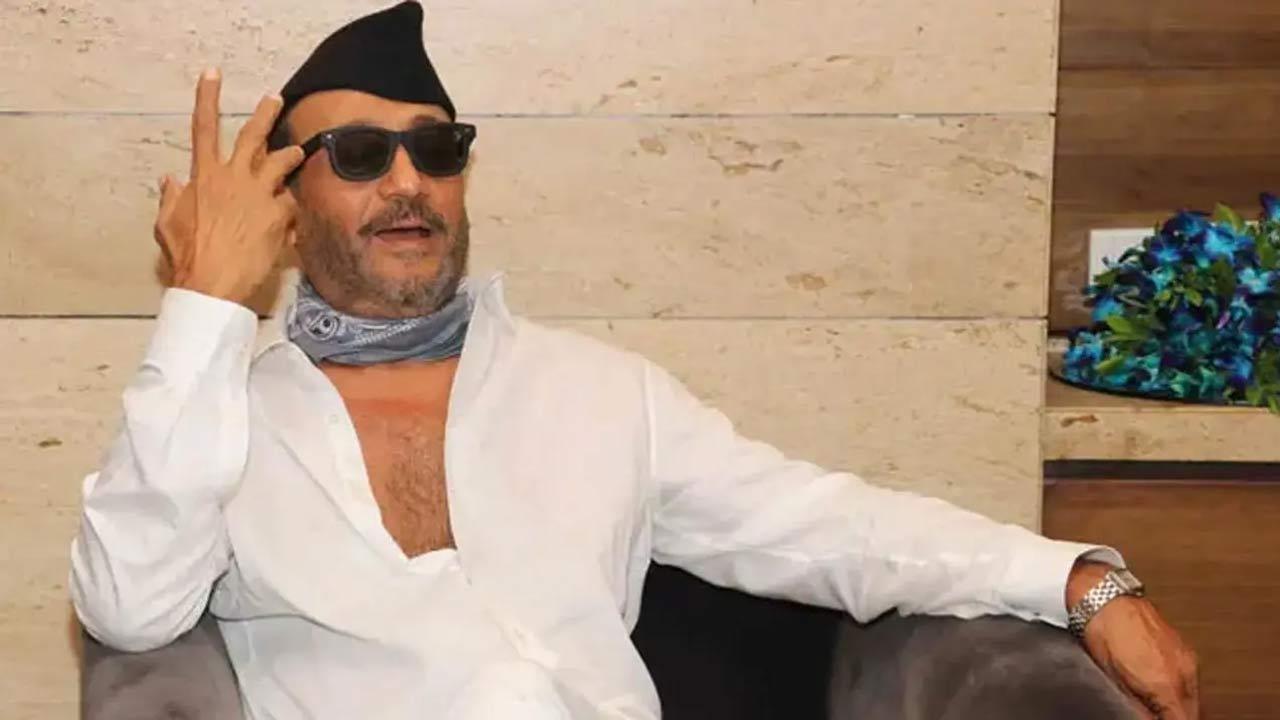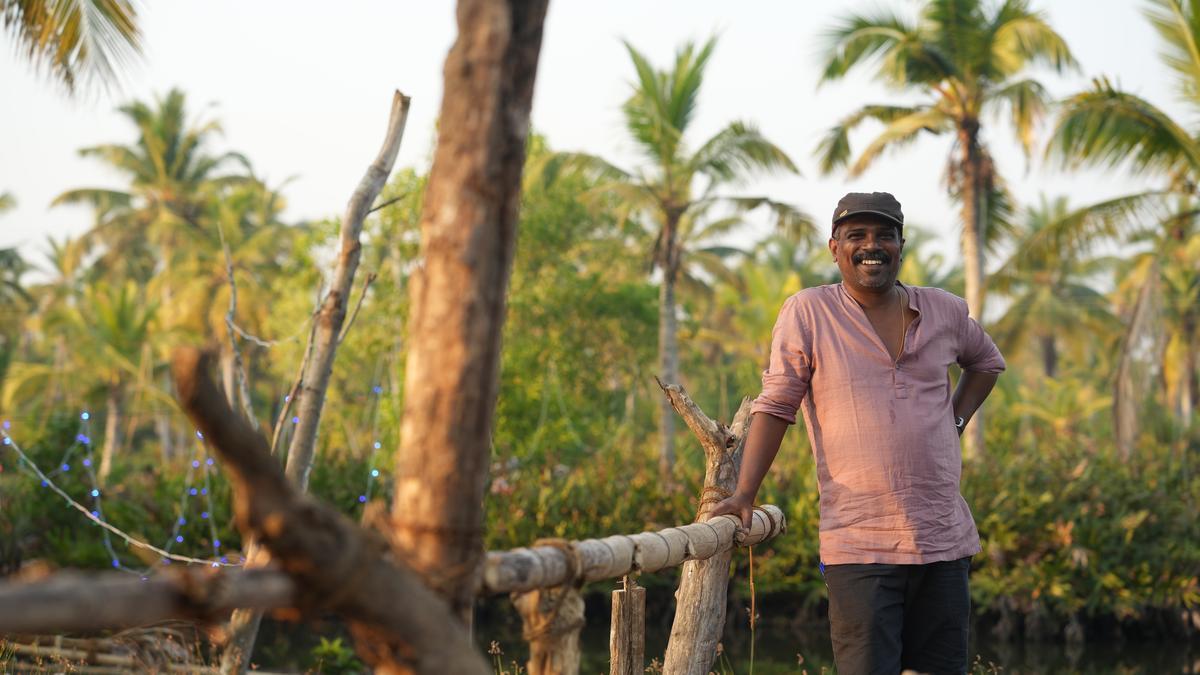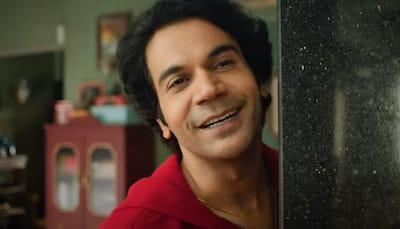
In a pivotal moment for Indian politics, Narendra Modi is set to be sworn in as Prime Minister of India for an unprecedented third consecutive term this Sunday, June 9th. While congratulatory messages have been pouring in from around the globe, an interesting absence on this front has been noted from India’s neighboring country, Pakistan. On Friday, Pakistan’s Foreign Office spokesperson, Mumtaz Zahra Baloch, articulated the reasons behind this decision, shedding light on the country’s stance on the matter.
Pakistan, while reiterating its ambition for “cooperative ties” with all its neighbors including India, has expressed a desire for resolving disputes through constructive dialogue. This statement, coming ahead of Modi’s imminent oath-taking ceremony, highlights the nuanced approach Pakistan aims to take in its diplomatic relations with India.
Addressing a question regarding why Pakistan hasn’t congratulated Modi on his resounding victory in the 2024 Lok Sabha elections, Baloch affirmed that it is the prerogative of Indian citizens to elect their leaders. “We do not have any comments on their electoral process,” Baloch stated unequivocally. Furthermore, she elucidated that since the new Indian government has not been officially formed, it would be “premature” to discuss the matter of extending congratulations to Prime Minister Modi.
Underlining Pakistan’s consistent aspiration for peace and cooperation, Baloch stated, “Pakistan has always desired cooperative relations with all its neighbors, including India. We have consistently advocated constructive dialogue and engagement to resolve all outstanding issues, including the core dispute of Jammu and Kashmir.” This demonstrates a continued commitment to resolving long-standing conflicts through diplomacy and discussion rather than maintaining a combative stance.
Turning towards the Indian perspective, India’s Foreign Affairs Minister, S. Jaishankar, previously articulated India’s position regarding talks with Pakistan. He clarified that while India has never shut the doors on dialogue with Pakistan, the core issue of terrorism must be central to any conversation between the two nations. “We have never closed our doors on talking with Pakistan. The question is what to talk about …
. If some guy has that many terrorist camps… that should be the central part of the conversation,” Jaishankar emphasized, indicating that India’s concerns regarding terrorism overshadow other subjects in bilateral discussions.
Reflecting on the context of Modi’s victory, the results of the 2024 Lok Sabha elections were declared on Tuesday, June 4th. The Bharatiya Janata Party (BJP)-led National Democratic Alliance (NDA) took a commanding lead, securing an absolute majority by winning 292 seats in the Lok Sabha. The BJP alone emerged as the largest single party with a tally of 240 seats, stamping Modi’s influence and popularity in Indian politics.
Pakistan’s current stance on not extending formal congratulations highlights the complexities and sensitivities of India-Pakistan relations, which have been historically strained by issues ranging from territorial disputes to cross-border terrorism. The ongoing tension is further exacerbated by the principal conflict over Jammu and Kashmir, a territory claimed by both nations.
In a broader geopolitical spectrum, the withholding of formal congratulations can be perceived as a cautious stance, reflecting Pakistan’s intent to observe the new Indian government’s actions before making any formal moves. The Foreign Office’s emphasis on “premature” discussions suggests a wait-and-see approach which underscores the delicate balance Pakistan aims to maintain in its diplomatic engagements.
While Modi’s reception of global leaders’ endorsements continues, the absence of Pakistan’s congratulatory message marks a subtle, yet significant indicator of the prevailing cautious diplomacy. This development invites further speculation on how relations between the two nuclear-armed neighbors will evolve in the coming months under Modi’s third term.
As Prime Minister Narendra Modi prepares for his oath-taking ceremony, all eyes are set on how his administration will navigate these intricate relationships. With both nations expressing a desire for peace but standing firm on their respective issues, the diplomatic push and pull signify a complex chapter in South Asian geopolitics. Moving forward, the international community will be closely monitoring the developments between these two neighboring countries, anticipating possible shifts in their diplomatic and strategic interactions.
The DNA app, which provides continuous coverage and updates on such significant geopolitical events, is now available for download on the Google Play Store, ensuring that readers can stay informed on the latest developments.










